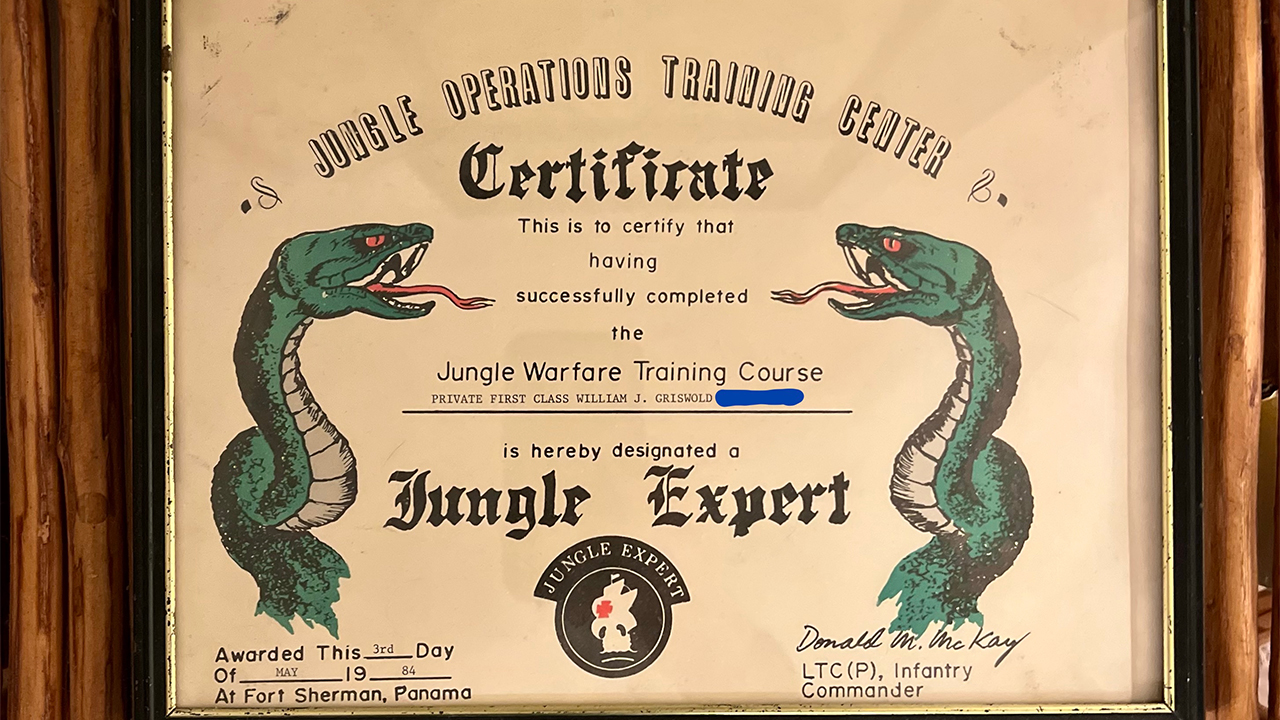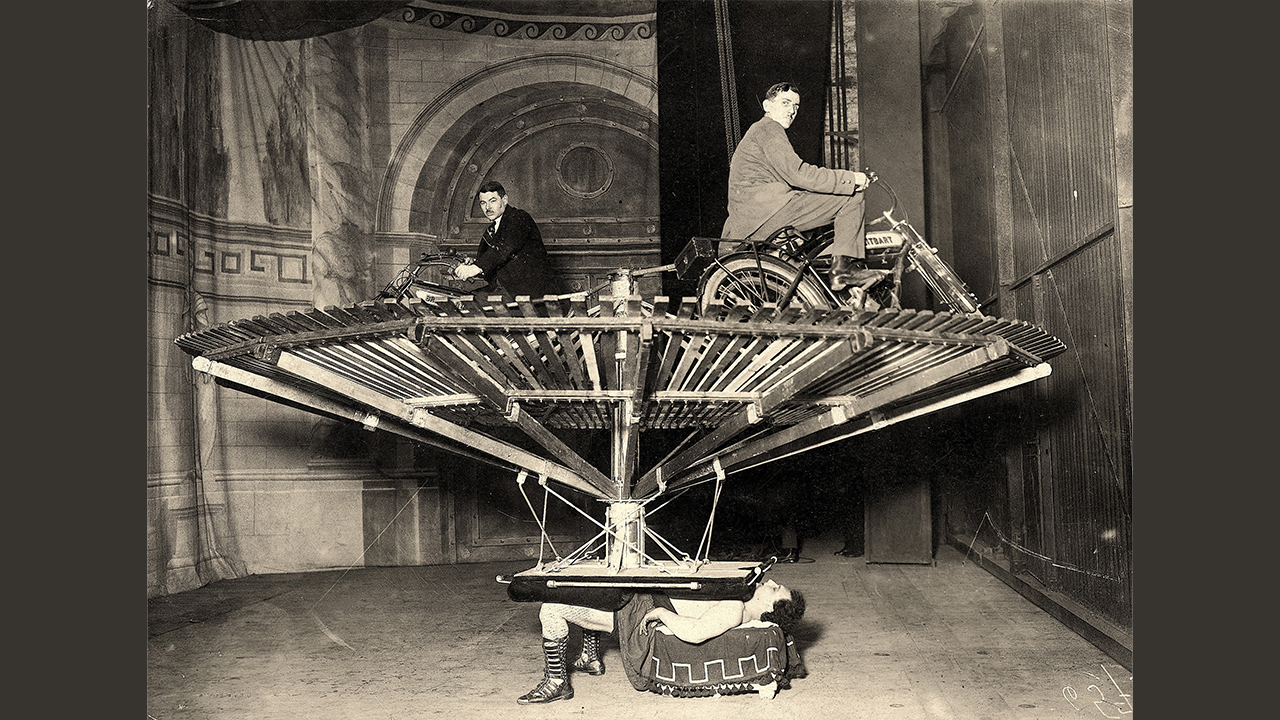Found Objects: That Stuff in Storage
October 12, 2022

In storage lockers we offshore the domestic. We place there the things that will not fit in our homes, until they can be brought in from the cold. It is not direct metaphor, but something more like signal or sign, that the often unheated (or hot, humid) little rooms are something like relationships. We keep significant parts of our lives in them, trusting they will be treated with care until we can access them next.
Some lockers are nice. A friend who spends a lot of time in three of them, for his very successful business, sometimes wonders aloud at how he could live there, if it came to that. Though windowless, they are clean, climate controlled, and have at least one light, he says. Food and water could be brought in; a toilet might be improvised.
But lockers are always more utilitarian than the living spaces of most of our homes, and their cost, financially and emotionally, follows the usual tax on the poor. Instead of getting a bigger apartment to put all our stuff in, or paying more each month on a mortgage, we use the extra 150 bucks to pay for a room made of aluminum across town. The lockers often smell of dust and chemicals, or have bugs and vermin. They are best represented by the clatter of a cheap metal door rolling down, and the filthy length of rope used to pull it up to try to save our backs. The locks we buy to keep our stuff safe in them oppose us too, their keys or scribbled combinations lost in a junk drawer, or else the management company’s lock serves as reminder of others’ power over our lives. Putting things in lockers is like entrusting someone to hold our secrets, the largest of which is the irony between who we are and who we think we are.
Over time the stuffing from the armchair gets strewn around, evidence of mice, then we find the droppings, then the nest, and maybe even the little creatures dessicated in their beds in the heat. What happened that they never returned to the fields? Our other things degrade, are thrown away, get consolidated and moved to a smaller locker that costs less. They are moved to lockers in other towns, in other states. Sometimes what we value enough to hang onto sits out there, on the edge of the fields, for years, without attention or appreciation. (Picture the reunion when we finally get to them, which is as fun as digging in the toy chest that family restaurants used to keep by the cash register. Pick one thing! the little sign on the chest used to say.)
When we can no longer pay, or choose unconsciously to forget to pay, what we thought integral to who we are goes in a dumpster, and then we are left to contemplate our real persons. Storage Wars was like an autopsy or estate sale, which taught how others will pick over our lives, sell what is of value, and throw the rest away.
The stuff in our lockers is some part of ourselves we cannot bear to lose, we think, but in the loss and lack of continuity of the world, we end up handing that part to others through the train window.








